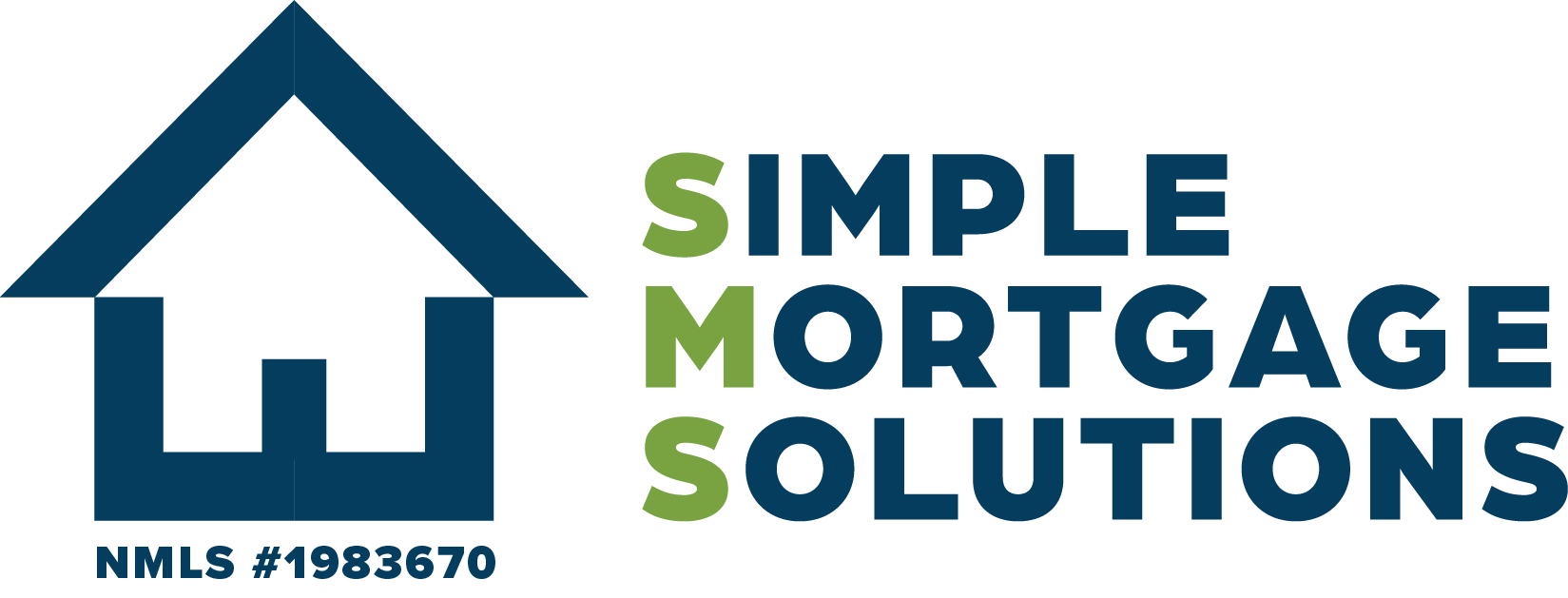
What Does a Business Owner Need to Do to Refinance a Home?
As a business owner, you work hard to keep your company running and growing. But when it comes to refinancing your home, things can be a bit more complicated compared to someone with a regular paycheck. Lenders often require extra paperwork and proof of income before approving a mortgage refinance. If you're thinking about refinancing your home, here’s a step-by-step guide to help you through the process.
1. Understand Why You Want to Refinance
Before starting, it’s important to know why you want to refinance. Some common reasons include:
Lowering your interest rate – This can save you money over time.
Reducing your monthly payments – A lower rate or a longer loan term can lower your payments.
Switching from an adjustable-rate mortgage to a fixed-rate mortgage – This provides more stability in payments.
Taking cash out – You can use your home’s equity to fund business expenses, home improvements, or other needs.
Having a clear goal will help you make the right financial decision.
2. Check Your Credit Score
Lenders use your credit score to determine your eligibility and the interest rate you’ll receive. A higher credit score means better loan terms. Aim for a score of at least 620-700, though a score above 740 can get you the best rates. If your score is low, consider paying down debt and making on-time payments before applying.
3. Gather Financial Documents
As a business owner, proving your income is more challenging than for someone with a traditional job. Here are the key documents you’ll likely need:
Tax Returns (Last Two Years) – Most lenders require two years of personal and business tax returns.
Profit and Loss (P&L) Statement – This shows your business revenue and expenses.
Balance Sheet – A summary of your business assets, liabilities, and net worth.
Bank Statements – Personal and business bank statements from the last few months.
Debt-to-Income Ratio (DTI) Calculation – Your lender will evaluate how much debt you have compared to your income.
Business License or Articles of Incorporation – Proof that your business is legitimate.
4. Improve Your Debt-to-Income Ratio (DTI)
Lenders want to see that your income is enough to handle your current debts, plus the new loan. Ideally, your DTI should be under 43%. If your DTI is too high, consider paying off some debts before applying.
5. Prepare for a Higher Scrutiny of Income
Unlike salaried employees who receive W-2 forms, business owners have fluctuating incomes. Lenders may take an average of your last two years of earnings instead of just looking at your most recent income. If your most recent year was less profitable than the previous one, it could hurt your application. You may need to explain any fluctuations in income to the lender.
6. Choose the Right Lender
Not all lenders handle self-employed applicants the same way. Some lenders specialize in working with business owners and understand the complexities of self-employed income. It’s a good idea to shop around and compare offers from different lenders to get the best deal.
7. Consider a Bank Statement Loan
If your tax returns don’t reflect your true income due to deductions, you might qualify for a bank statement loan. With this type of loan, lenders review 12-24 months of bank statements instead of tax returns to determine your income.
8. Get a Home Appraisal
A lender will require a home appraisal to determine your home’s current value. The home’s value affects how much you can borrow. If your home has appreciated in value, you may be able to get better loan terms or take cash out.
9. Be Ready for Closing Costs
Refinancing comes with costs, including:
Loan origination fees
Appraisal fees
Title insurance
Other lender fees
These costs can range from 2% to 5% of the loan amount. Some lenders allow you to roll these costs into the loan, but that means a higher loan balance.
10. Apply and Close on Your Loan
Once you’ve chosen a lender and gathered your documents, submit your application. The lender will review your credit, income, and home value. If approved, you’ll move on to closing, where you’ll sign the final paperwork and receive your new loan terms.
Be Prepared for Refinancing as a Business Owner
Refinancing a home as a business owner takes more preparation, but it’s definitely possible. By maintaining good credit, organizing your financial documents, and working with the right lender, you can improve your chances of getting a great loan. Whether you’re looking to lower your payments, get a better interest rate, or access cash, refinancing can be a smart move if done correctly.


